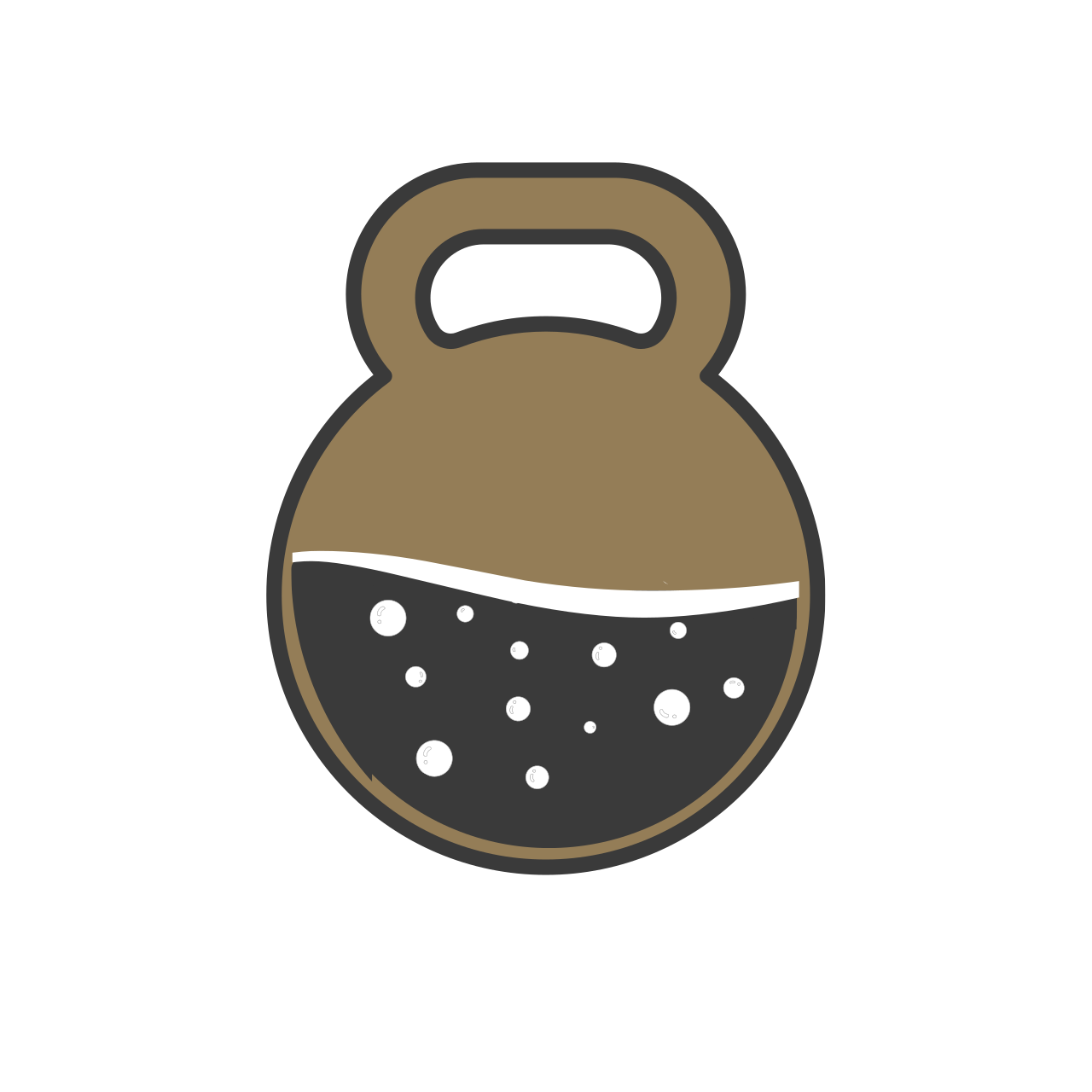Sleep, Stress & Hormones — The Hidden Side of Progress
Everyone wants results — more strength, faster recovery, better focus. But what most people miss is that the real gains happen outside the gym. Sleep, stress, and hormones form the invisible foundation of progress. You can crush every lift and still stall if your recovery systems aren’t firing.
At Control Lab, we talk a lot about training with intention. That doesn’t just mean how you move — it’s how you recover too. Let’s unpack the science behind why your sleep quality and stress levels might be holding you back.
The Science
Your body doesn’t differentiate between stress from a tough workout and stress from a rough day at work. Both elevate cortisol, your main stress hormone. When cortisol stays high, it interferes with recovery, suppresses testosterone and growth hormone, and increases inflammation — all of which can blunt progress.
Sleep is the ultimate reset button. During deep and REM stages, your body releases growth hormone, rebuilds muscle tissue, and regulates metabolism. Miss those stages consistently, and your training becomes a cycle of breakdown without full rebuild.
Recent studies show that even one night of poor sleep can reduce force output by 10–15% the next day. Over time, that adds up to fatigue, slower gains, and higher injury risk.
The Connection
Sleep and stress work like a thermostat. The more your body senses stress, the harder it is to cool down — physically and mentally. That’s why recovery routines matter. A short breathing session, a tech-free wind-down, or a nightly mobility flow can reset your parasympathetic nervous system and lower cortisol before bed.
Take Control
✅ Build a sleep ritual: set a consistent bedtime, darken the room, and ditch screens 30 minutes before bed.
✅ Downshift your nervous system: try 5 minutes of box breathing (inhale 4, hold 4, exhale 4, hold 4).
✅ Recover like you train: treat sleep as part of your program, not an afterthought.
Closing
Real strength isn’t just about lifting heavy — it’s about knowing when to rest. Recovery is a skill, and the athletes who master it always outlast the ones who don’t.

